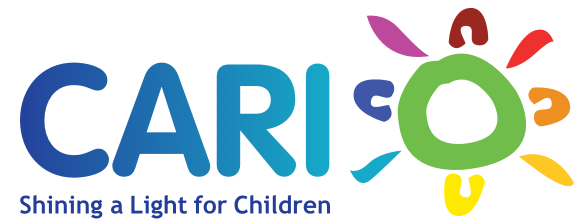The CARI helpline team have been reporting that young people’s unsupervised use of the internet is a dangerous place for them. It has become very concerning that perpetrators of sexual abuse have found a new and quite often devastating way of targeting, grooming and sexually violating very vulnerable children.
It is our experience that online groomers DO NOT always pose as children but, manipulate children through “small talk” to gain a sense of trust immediately.
Online groomers will hunt out “vulnerable children” by accessing things like a young person’s Facebook page where they post every aspect of their lives for others to see.
It seems the attention received (the number of likes) is valuable to them and they measure their worth on other’s perceptions. It is this measurement tool that then causes them to go along with what is been asked of them for fear of what others will think.
Groomers gain a child’s attention and trust by giving the child lots of attention through advice and compliments which in time eventually leads to sexually orientated talk.
Quite often after gaining the young person’s trust the next step for the abuser is to use all photos and comments as a blackmailing tool or to hold secrecy, which in turn pulls the child in deeper.
CARI Helpline:
Approximately 10% of calls to the CARI helpline concerned online grooming and inappropriate contact by adults with minors. Parents have described the effects on children as becoming “withdrawn”, “upset”, or “outraged” and being secretive about who they’re talking to and what they’re doing online or on their mobile phone.
When the person abusing you is invisible, the child or young person who is sexually abused on line can begin to see the world as a very unsafe place. Everything in their life can become a potential threat. The anonymous face in the crowd, that young man looking at them on the train, that person walking slowly behind them suddenly takes on a new and devastating meaning. The world is now no longer seen as a safe place and the child or young person lives their life under the constant fear of attack.
Children who have been abused on line describe feeling “depressed”, “worthless”, “angry”, “tricked” and “dirty”. Young people reported believing that everyone will think that somehow, they deserved it or that it is their fault. Some young people also described bullying and taunting by their peers in school following incidents of online abuse.
Garda investigations of online grooming may involve taking statements from the child, and also removing items like phones and computers to analyze them. When the I.P. address of the alleged groomer is found to be overseas, the case may then be referred to Interpol. The process is often slow and parents report feeling frustrated by the system as their opportunity for justice diminishes on the international front. TUSLA Child Protection services often close these cases once disclosed, as the child is no longer seen as at ongoing risk. The isolation for the child or young person even after disclosure is alarming due to the lack of appropriate responses or services available.
There is a need for early intervention and education to begin at a young age starting early in primary schools. Parents often find themselves at a loss as to how to monitor their children and need support and encouragement in relation to protecting their children. It is impossible to keep children away from all technology in this day and age, but responsible parental monitoring is imperative.
CARI provides a lo-call and confidential National Helpline which provides information and support to individuals and professionals with a concern about child sexual abuse. CARI also provides advice appointments to parents, professionals or any other individual to explore their concerns in relation to child sexual abuse.
CARI Helpline 1890 924567
www.cari.ie
